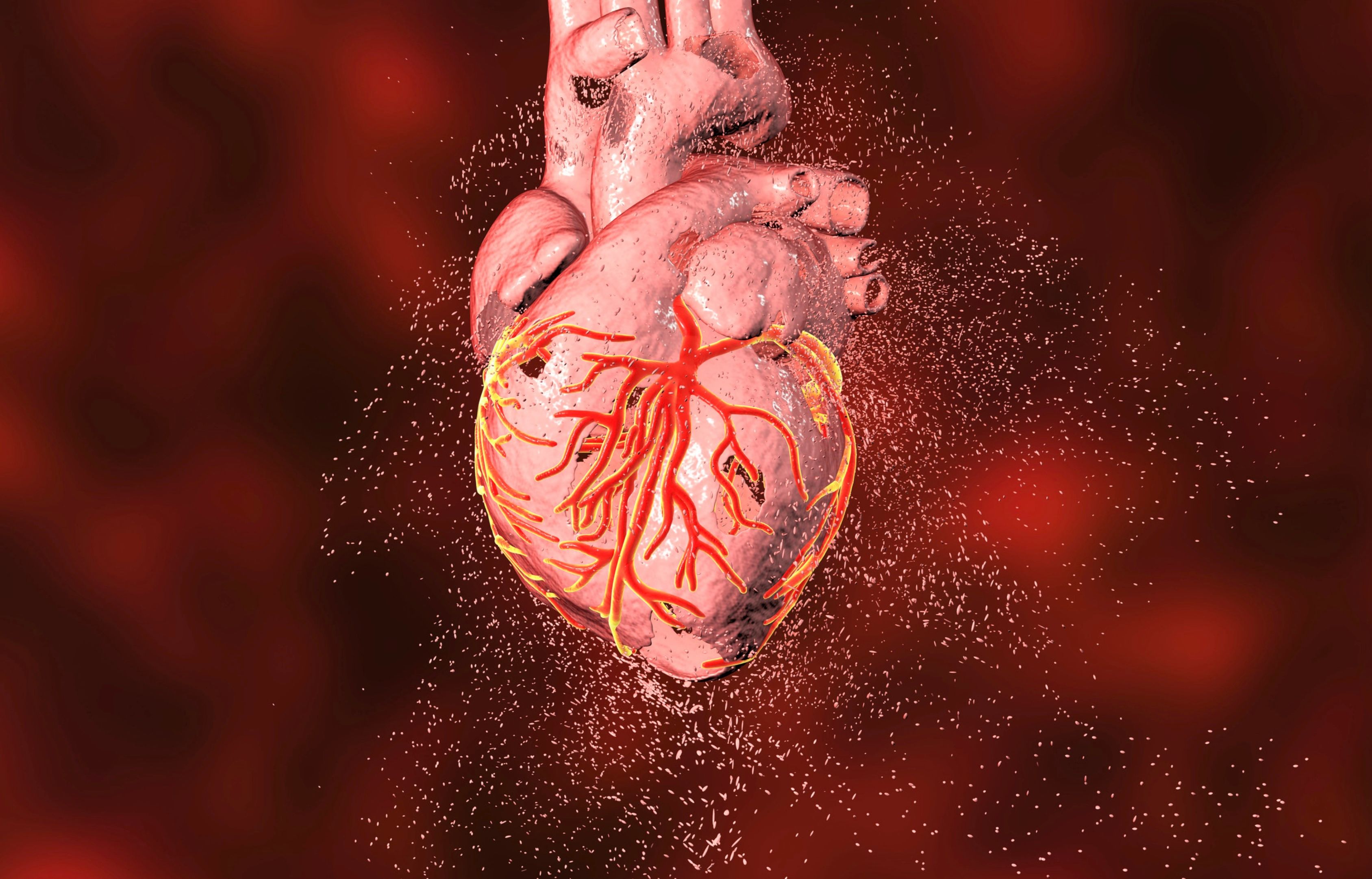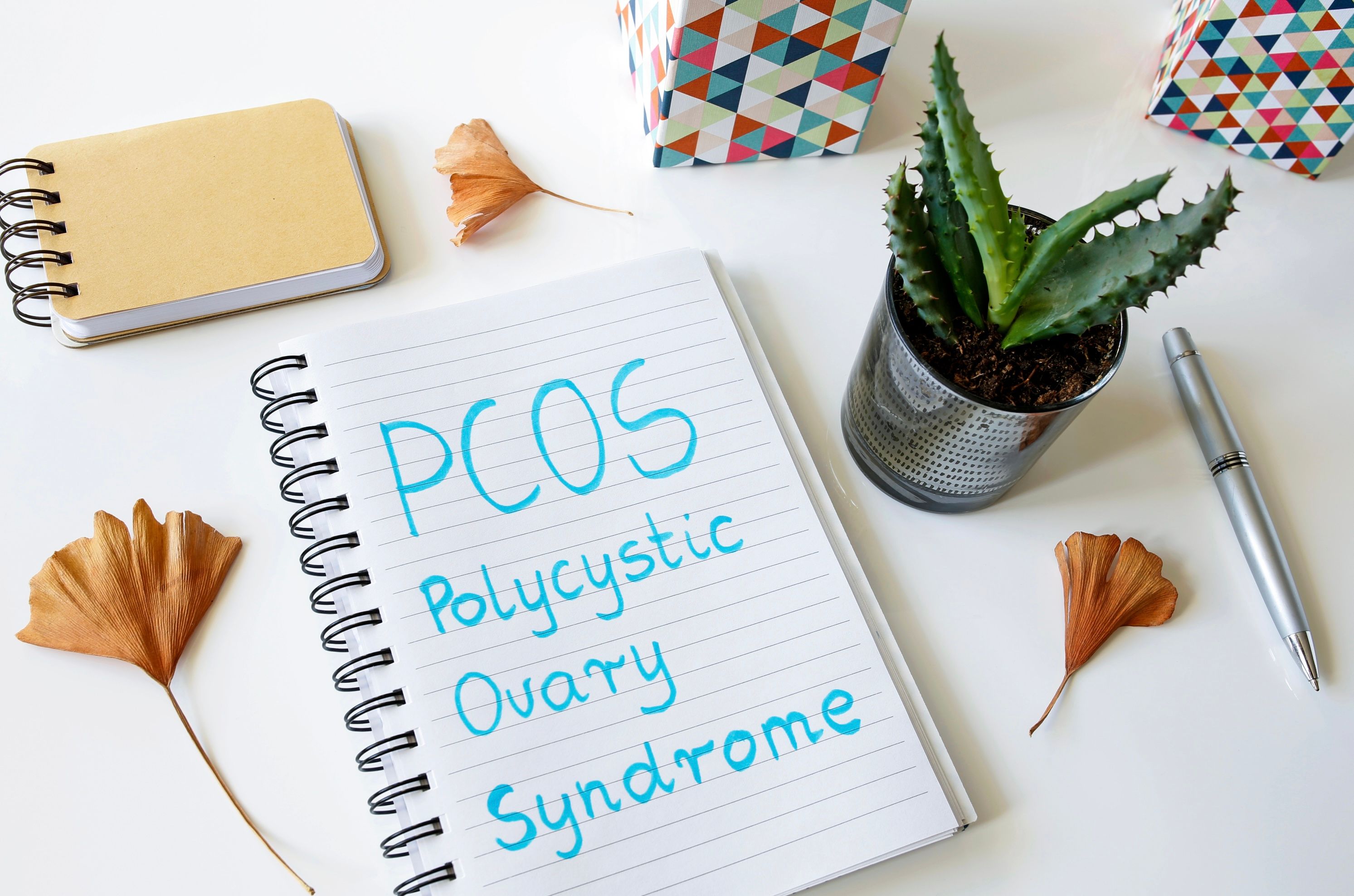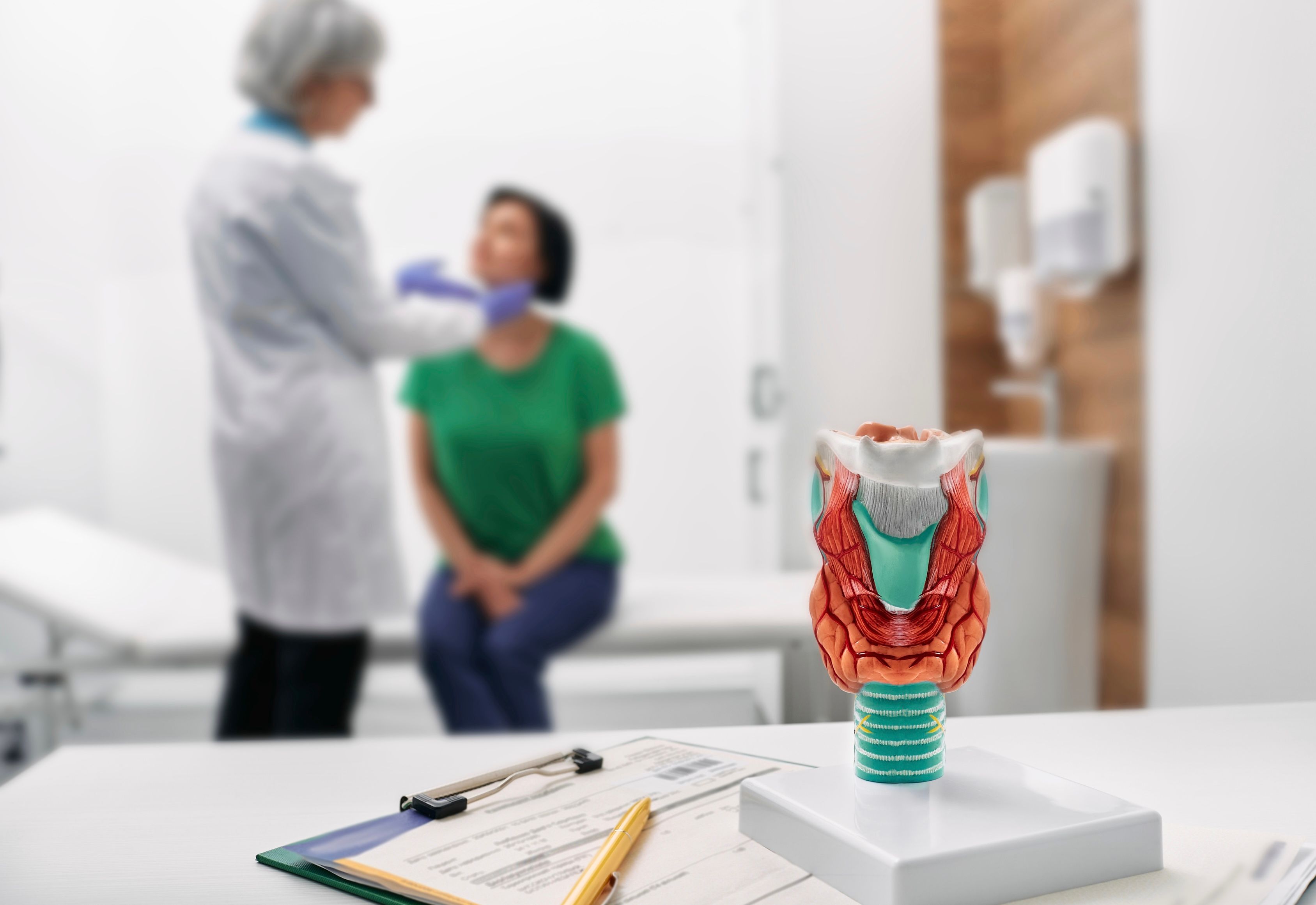Nicole Lawson, a 53-year-old nurse in Los Angeles, endured severe chest pain throughout her 20s and 30s. Despite her symptoms, doctors attributed her pain to stress, acid reflux, while some said ‘it’s all in her head’. Eventually, a cardiologist specializing in women's heart health performed a cardiovascular ultrasound and diagnosed her with coronary microvascular disease, a condition more common in women that involves blockages in the smaller arteries around the heart. This condition had been missed by over a dozen cardiologists through standard testing. Nicole's experience is not unique, as misdiagnosis remains an epidemic for women.
You see, for a lot of women, getting a proper diagnosis can feel like navigating a maze. There are some conditions that just seem to slip through the cracks, either because symptoms are vague, they overlap with other issues, or because – let's be real – sometimes doctors just don’t listen as closely as they should. So, let's look into five commonly misdiagnosed conditions that affect women. Grab a cup of tea, get comfy, and let's get real about our health.
Heart Disease

Surprised? Heart disease isn’t just an old guy’s problem. It’s actually the leading cause of death for women in many countries. When it comes to heart disease, recent studies show that women have a 50% higher chance than men of receiving the wrong initial diagnosis after a heart attack and are 25% more likely to be misdiagnosed after a stroke. That’s not all: a population study by Westergaard and colleagues in 2019 found that women are diagnosed an average of four years later than men when it comes to more than 700 diseases, and two and a half years later in the case of cancer. The tricky part is that women’s symptoms often differ from men’s. Instead of the classic chest pain, women might experience fatigue, shortness of breath, nausea, or jaw pain.
These symptoms can be mistaken for other issues like anxiety or acid reflux. If you’re feeling off and your gut tells you something’s wrong, speak up. Insist on a thorough check-up. Like they say, follow your heart ♥️
Heart disease in women is often under-recognized and under-treated. Women’s heart attack symptoms can be more subtle and less predictable than men’s, leading to delays in seeking treatment. Risk factors such as high blood pressure, high cholesterol, diabetes, and smoking are critical to monitor. Women also have unique risk factors including hormonal changes during menopause and conditions like polycystic ovary syndrome (PCOS) that increase cardiovascular risk. There are preventative measures of course which include a healthy diet, regular exercise, and avoiding smoking however, regular check-ups and discussions with your healthcare provider about heart health are essential. Protect your heart ♥️
Polycystic Ovary Syndrome (PCOS)

This one’s a real stunner because its symptoms can be all over the place. Think irregular periods, weight gain, acne, and even hair sprouting in unexpected places. Sounds like a teenage nightmare, right?
The problem is, these symptoms can also point to other issues, like thyroid problems or even just good old-fashioned stress. So, it's no wonder that PCOS often gets missed. PCOS is a hormonal disorder that affects up to 10% of women of reproductive age. The “polycystic” part of PCOS refers to the numerous small cysts that can form on the ovaries. However, not all women with PCOS have cysts, and not all women with cysts have PCOS. The symptoms can vary widely from woman to woman, which adds to the diagnostic challenge. Insulin resistance, a hallmark of PCOS, can also lead to increased risk of type 2 diabetes and cardiovascular disease.
If you suspect you have PCOS, a comprehensive evaluation including blood tests for hormone levels, an ultrasound, and a discussion about your symptoms is important. If you’re noticing these symptoms and getting a brush-off, it’s worth pushing for a second opinion or ask about PCOS specifically. We will discuss in detail in another article.
Endometriosis

Endometriosis is another tricky one. It’s when tissue similar to the lining of the uterus starts growing outside of it, causing a whole host of problems – chronic pain, heavy periods, and sometimes even infertility.
Endometriosis affects an estimated 1 in 10 women of reproductive age. The pain from endometriosis can be debilitating, affecting daily activities and mental health. It can also lead to complications like adhesions, ovarian cysts, and in severe cases, can cause organs to stick together. Diagnosis often requires a laparoscopy, a surgical procedure that allows doctors to look inside the pelvis and identify endometrial tissue. While there’s no cure for endometriosis, treatments such as hormonal therapies, pain management strategies, and surgery can significantly improve quality of life. Early diagnosis and treatment are crucial to managing the condition effectively.
Here’s the kicker: doctors often misinterpret these symptoms as just “bad cramps” or normal period pain. Some women suffer for years before getting a diagnosis. If you’re dealing with serious pain and getting nowhere, it’s time to advocate for yourself. Ask about endometriosis, and don’t take “it’s just your period” for an answer.
Autoimmune Diseases

Autoimmune diseases are another biggie. Conditions like lupus, rheumatoid arthritis, and multiple sclerosis are more common in women. Symptoms can be super vague – think fatigue, joint pain, and muscle aches – and overlap with lots of other conditions. Autoimmune diseases occur when the body’s immune system mistakenly attacks its own tissues. Women are disproportionately affected, accounting for nearly 80% of all autoimmune cases. The challenge in diagnosing these conditions lies in their diverse and often non-specific symptoms. For instance, lupus can cause everything from a distinctive facial rash to kidney problems, while multiple sclerosis primarily affects the nervous system, leading to a wide range of neurological symptoms. Early and accurate diagnosis is crucial for managing these conditions effectively. Treatment often involves immunosuppressive medications, physical therapy, and lifestyle changes to help manage symptoms and prevent flare-ups.
Doctors sometimes chalk these symptoms up to stress, depression, or even just getting older. If you’re feeling like a walking mystery illness, it might be time to see a specialist. Autoimmune diseases are complicated, but getting the right diagnosis can make a world of difference.
Depression and Anxiety

Mental health is just as important as physical health, and women are more likely to be diagnosed with depression and anxiety. But here’s the twist: these conditions can also mask or be masked by other issues, like thyroid disorders or chronic fatigue syndrome. Depression and anxiety are complex conditions that can have various underlying causes, including hormonal imbalances, chronic illness, and even certain medications. Women may experience depression and anxiety differently than men, often feeling more symptoms of sadness, worthlessness, and excessive worry. Additionally, societal pressures and gender-specific stressors can exacerbate these conditions. If you’re struggling with mental health issues, it’s important to seek help from a mental health professional who can provide a comprehensive evaluation and tailored treatment plan, which might include therapy, medication, lifestyle changes, and support groups.
Doctors might rush to label mood changes as just “women being emotional.” If you feel like your mental health diagnosis isn’t quite hitting the mark, don’t hesitate to dig deeper. Sometimes, it’s not just in your head.
If you’re having thoughts of suicide, self-harm, experiencing extreme anxiety, depression or other mental health emergencies, text Shout to 85258, Open 24/7.
Wrap-Up: Advocate for Yourself

So, what’s the takeaway here? Trust your instincts, trust your heart. You know your body better than anyone else. If something feels off, don’t be afraid to push for answers. Get a second opinion, see a specialist, and keep asking questions until you get the answers you need.
Women’s health is often under-researched and misunderstood, but by sharing our stories and supporting each other, we can push for better care. Keep advocating for yourself, because you deserve to be heard and treated with the care you need.
Stay healthy, stay strong, and keep fighting for your well-being! 💪💖
Have you ever been misdiagnosed ? Feel free to share your experiences here and thoughts in the comments. Let’s keep this conversation going and help each other out!


